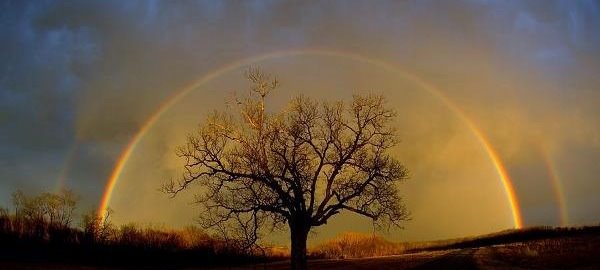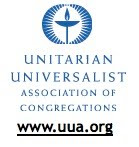
Any discussion of science, religion, and politics eventually comes around to the issue of "free will." According to religious traditions, free will was given by God to humans, as a test of their commitment to good and rejection of evil. From a scientific viewpoint, all behavior is a matter of the neurophysics of the brain, and c0nsciousness, and no behavior is free of that. Naturalists disparage free will as a concept, and see all human behavior as determined by inevitable responses to the environment. Political life demands that individuals take responsibility for their actions, unless they are declared "insane," meaning unable to distinguish between good and evil, right and wrong. Libertarians and rugged individualists or positivists often dismiss the naturalist doubts about free will and insist that everyone is fully responsible for their own condition in this world, in a free society. A recent discussion board debate in which I participated went on for hundreds of posts without much resolution, to the point where the following position questionnaire was suggested. I've entered my responses:
What do you understand by the expression "free will"?
Free will is the ability of a living agent to take actions that are not controlled by other agents who have studied that behavior and sought to influence it. Thus, will is free to the degree that it is subject only to the constraints imposed by Nature, which cannot in any case be escaped, and free of social constraints, that is, constraints imposed by other sentient agents.
Do humans have it or not?
To the degree that "others" are absent, or if present, refrain from taking controlling interest in our actions, humans exercise free will. Thus free will is a matter of degree, rather than an either-or proposition, and should perhaps be referred to as "freedom of will", a parameter that can range from unity (only natural influences exclusive of other sentient agents), to zero (behavior essentially prescribed by other sentient agents, for example in a prison). On such a scale, humans have progressed from near unity in pre-history, to very low values in feudal times, and more recently are making progress back toward unity.
What is your logic and your evidence for your position?
Behavioral science has shown that behavior can be predicted to the degree that it is influenced or controlled through the arrangement of "imposed" positive and negative reinforcement as consequences of behavior. When it is so controlled, it not fully free, and conversely when it is not so controlled. The most elemental form of Human Rights is the right to freedom of behavior, albeit within certain limits set by society, which can vary greatly, and of course the dictates of the natural world, which are immutable and apply to all.
What is the practical consequence of your position for welfare and social policy?
Democracy sets the goal that freedom of will is to be maximized through the minimal constraint by the state or government of the behavior of individuals. The list of discouraged or punished behaviors should then be minimized by restriction to those with important harmful effects on others, as judged by a majority of those whose behavior is to be affected.
On the other hand, government creation of positive incentives is widely accepted as an influence on behavior, so the method of influencing behavior seems important. Positive reinforcement is equivalent to a negative reinforcement of the inverse behavior, so that any form of behavior modification can be seen as reducing the freedom of will. Still, humans have come to a collective understanding, supported by behavior modification science, that reinforcement of desired behavior is far preferable to punishment of undesired behavior, as a foundation of civilization.
Controversy often stems from the reinforcement of undesired behaviors, for example welfare payments, or other benefits that are perceived as undeserved. The issue here is not freedom of will, but the wisdom of incentives that are divorced from desired behaviors.
Conclusions

A phenomenon or behavior may be fully deterministic, yet if sufficiently complex, there may be no way to fully control or direct it but to "run the universe" and let it unfold. To the degree that is true, only an entity which controls the entire universe can exercise total control of our behavior. Thus only God, or the universe itself (if different) can control our behavior in the absence of civilization and other humans. By the definition above, such behavior is free, or as free as it gets.
When we take individual or collective action to alter the structure of the universe, we exert controls on our own behavior, or that of others. So it seems that we share control of ourselves with the rest of the universe, and to some degree we thus enjoy a limited freedom of will. One could perhaps argue that the universe "makes" us take action to alter it, so when we think we are changing our behavior we are still doing what the universe directed us to do. That might be true of beavers, ants, bees, or other industrious social species that restructure their environments, but I think it is stretching things to claim that all of human behavior is programmed in advance by our genetic capabilities, interacting with the external environment.
On the other hand, it seems defensible to claim that our abilities to derive, store, manipulate, and reuse information, much more rapidly than genetic information is processed, constitute a new capability that is exclusively human. That "playground for creativity" is seemingly independent of nature's DNA playground, and pretty much under our control. So I think we humans get to take credit and blame for what we do with it, both as individuals and collectively, as appropriate.









